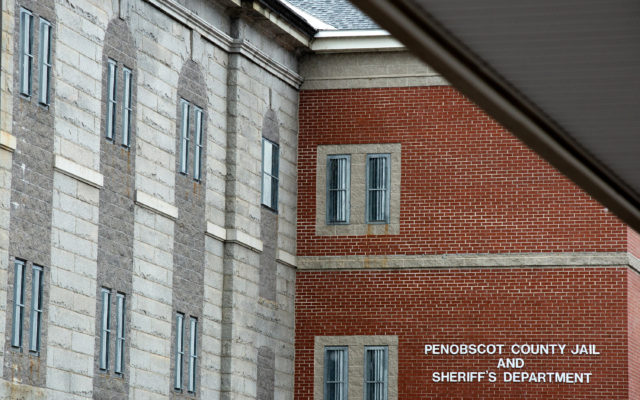
Federal funds can be better spent on services, not expanding Penobscot County Jail
By Julia Norman
Penobscot County will receive nearly $30 million in federal funds from the American Rescue Plan. These dollars present an enormous opportunity to both alleviate the harms of COVID and springboard our communities toward a better future. However, the commissioners are considering using a portion of these funds for expanding the Penobscot County Jail. Expanding the jail would merely harm our communities and squander these resources.
First, I think it’s important to consider the context. The United States has the highest rate of incarceration in the world, both in terms of raw numbers and in terms of population. Meanwhile, the U.S. has one of the highest rates of homicide among high-income countries and is among those with the highest rates of gun deaths and gun violence.
The effects of these phenomena are disproportionately felt by vulnerable communities: Black people are murdered at four to eight times the rate of the general population; Black men are nearly four times as likely to be incarcerated; Black people are more likely to be prosecuted for drug offenses despite similar levels of use across race; people with mental illness are more likely to be imprisoned than get treatment; and so on.
Jails are also woefully inadequate at handling mental health and substance use problems, often merely exacerbating them. To make matters worse, the majority of people in the Penobscot County Jail are there for substance use, bail violations or parole violations. We are in one of the worst substance use crises nationally and locally. Substance use has steadily gotten worse as more and more people die of overdose. This is all while jails and prisons have been expanding. I believe there is only one reasonable conclusion: Prisons and jails are not useful in preventing violence or improving our communities. We’ve run the experiment and the results are clear.
Second, I want to clarify exactly what imprisonment actually does. Prison sentences, especially long ones, don’t deter crime. Studies show the opposite: imprisonment hardens people and makes them more violent. The little data we have on jail expansion specifically indicates that jail and prison expansion leads to the prosecution of pettier crimes.
We can see that this is already taking place in Penobscot County. Besides that, Penobscot County Jail is unable to protect prison guards, people they incarcerate and volunteers from sexual harassment by its own employees. So, we can reasonably conclude that the jail will cost millions of dollars and make people less safe.
Third, there are simply better options. We can significantly reduce the jail population if we simply stop jailing people who have committed substance use crimes, bail violations or parole violations. If we did this today, the jail population would decrease by at least two-thirds.
We also know that poverty and crime are linked. For one, poverty is often criminalized in the form of fines and debts. But beyond that, poor people are under a greater level of stress, have few opportunities and have no stake in their communities. Poverty reduction and relief is a sure-fire way to reduce crime. There are plenty of other options, too. Installing public bathrooms, creating shelters, providing substance use treatment, broadening public health care and supporting other social welfare programs are also effective means at reducing crime — in no small part because the conditions they alleviate are the very things being criminalized. They are all substantially cheaper, too.
In summary, expanding the jail is a bad idea. The jail expansion will just make us less safe, continue the legacy of racism and oppression in this country and misdirect funds that are intended to help our community. The American Rescue Plan funds present a rare opportunity. It would be a shame to squander them on the jail.
Norman, a longtime Bangor resident, works as a software engineer and volunteers with the Greater Bangor Housing Coalition.